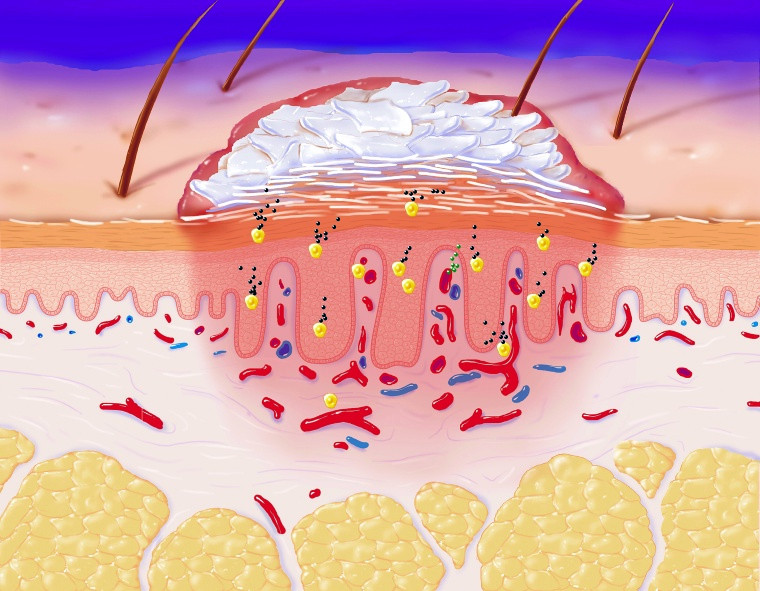Serie English for PTA: Psoriasis

Login
Dieser Artikel ist nur für registrierte Nutzer sichtbar
Bitte loggen Sie sich mit Ihrem Benutzernamen und Ihrem Passwort ein oder registrieren Sie sich kostenlos.
Kommentar schreiben
Die Meinung und Diskussion unserer Nutzer ist ausdrücklich erwünscht. Bitte achten Sie im Sinne einer angenehmen Kommunikation auf unsere Netiquette. Vielen Dank!